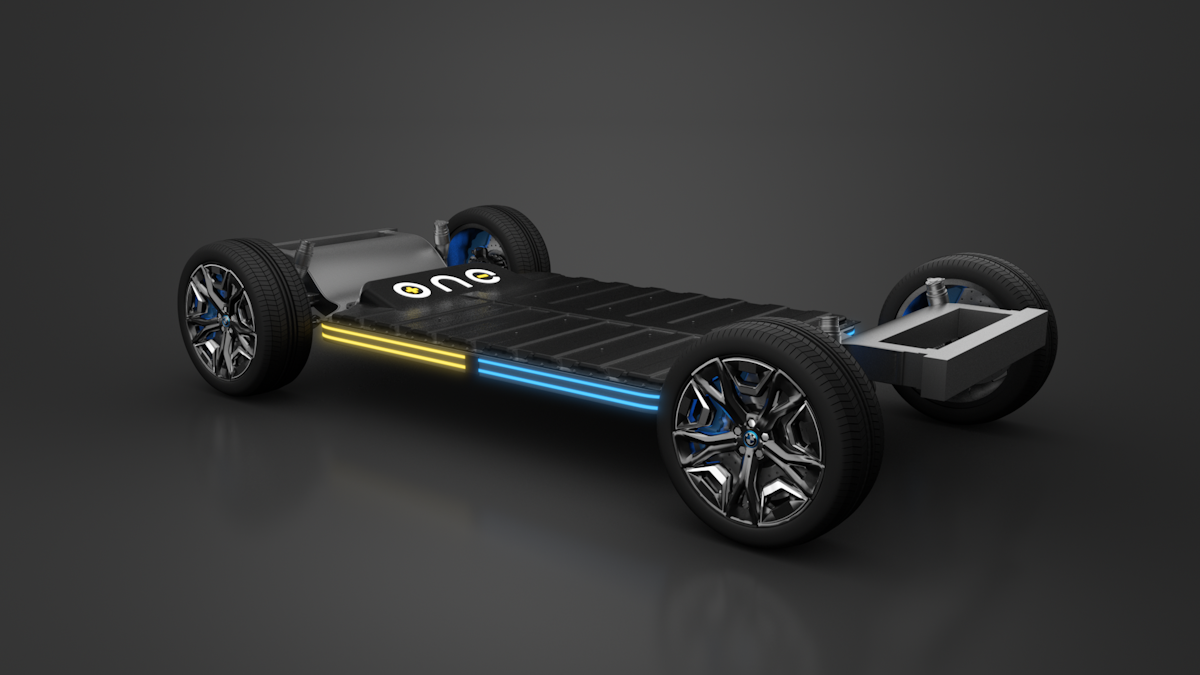Taking into account reduced winter ranges for EVs, for those of us who live in the north, and also reduced ranges for towing (for those who tow), and also taking in to account limited Superchargers in some parts of North America and also the tendency for battery capacity to degrade over time (although I have not found this to be too much of an issue yet myself), but also taking into account, on the other hand, the weight, expense and sheer waste of having too large a battery, I think that the eventual sweet spot for nominal initial battery range capacity for EVs would be about 400 miles (about 650 km). Tesla is not far off from that today, with the current iteration of the Model S being especially close.
Truth be told, even my mid-2020 Model 3 (built before the small bump in Model 3 range that year) has not posed much of an issue for us in the practicality of its range. Ideally, for some winter trips, I would like about 60-80 more miles (90-125 more km) of nominal range to avoid inconvenient stops - and I would like a few gaps in the Supercharger network filled in. But overall, it has been fine. I had more range anxiety before we bought the Tesla - in actual, day-to-day life, it is not much of an issue.
Truth be told, even my mid-2020 Model 3 (built before the small bump in Model 3 range that year) has not posed much of an issue for us in the practicality of its range. Ideally, for some winter trips, I would like about 60-80 more miles (90-125 more km) of nominal range to avoid inconvenient stops - and I would like a few gaps in the Supercharger network filled in. But overall, it has been fine. I had more range anxiety before we bought the Tesla - in actual, day-to-day life, it is not much of an issue.




